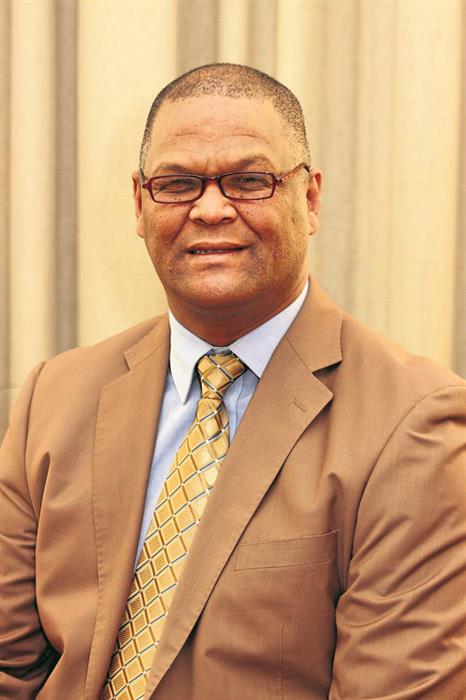NATIONAL NEWS - The South African Local Government Association (Salga) has joined Eskom in objecting to the issuing of electricity trading licences to private entities by the National Energy Regulator of South Africa (Nersa), without electricity trading rules being in place.
Nersa issued licences to five private traders while it only recently started with the development of a framework of rules. The approvals are being opposed by Eskom in an application to the High Court to have them all set aside.
Salga has now also called for the suspension of any further approvals of trading licences until the regulatory framework is finalised. According to Salga, municipalities face losing electricity revenue which is critical to fund energy and other local essential infrastructure.
"Allowing traders to target only high-value, reliable customers, will reduce cross-subsidisation and leave municipalities with a disproportionate share of defaulting customers," Salga said in a statement.
Traders that are allowed to operate in areas of municipal jurisdiction, would also infringe on municipalities' constitutional mandate. Competition would be distorted as traders would be able to offer competitive tariffs to premium customers without having the same service obligations as municipalities.
Salga warned that municipal debt to Eskom, which now exceeds R100-billion, would worsen and said trading rules should include debt-recovery mechanisms, such as trader contributions to subsidy pools.
Eskom must drop lawsuit
In its court filing papers, Eskom blames Nersa for allowing traders to poach Eskom's best customers, without carrying any of the redistribution responsibilities of the state entity. The tariffs paid by these customers enable the distribution.
However, Business Leadership South Africa (BLSA) and Business Unity South Africa (Busa) are accusing Eskom of undermining the country's goal of achieving energy security and called on the government to intervene. They are demanding that Eskom drop its lawsuit.
BLSA CEO, Busi Mavuso, said Eskom is creating uncertainty and is sending a negative signal to investors that will delay critical energy projects and eventually prolong the devastating impact of load-shedding.
"For Eskom to spend public money on litigation designed to frustrate the very reforms Government is championing and block the investment that can help secure cheaper and more secure energy, is illogical and completely untenable," she said.
The reform process under the Electricity Regulation Act has led to investment in new renewable generation projects of more than R30-bn that is expected to create nearly 10 000 new jobs in generation and storage alone. "Introducing a competitive wholesale market is essential to unlock an additional 6GW of new private solar PV and 3.5GW of wind by 2030. This represents a further R132-billion in private investment and substantial job creation."
 Michael Rhode, director of Electrotechnical Services at George Municipality Photo: George Municipality
Michael Rhode, director of Electrotechnical Services at George Municipality Photo: George Municipality
George Municipality
Michael Rhode, director of Electrotechnical Services at George Municipality, said the municipality would not comment at this stage. However, it aligns itself with Salga and the Association of Municipal Electricity Utilities (AMEU), the representative bodies that address national matters of this nature.
‘We bring you the latest Garden Route, Hessequa, Karoo news’
















